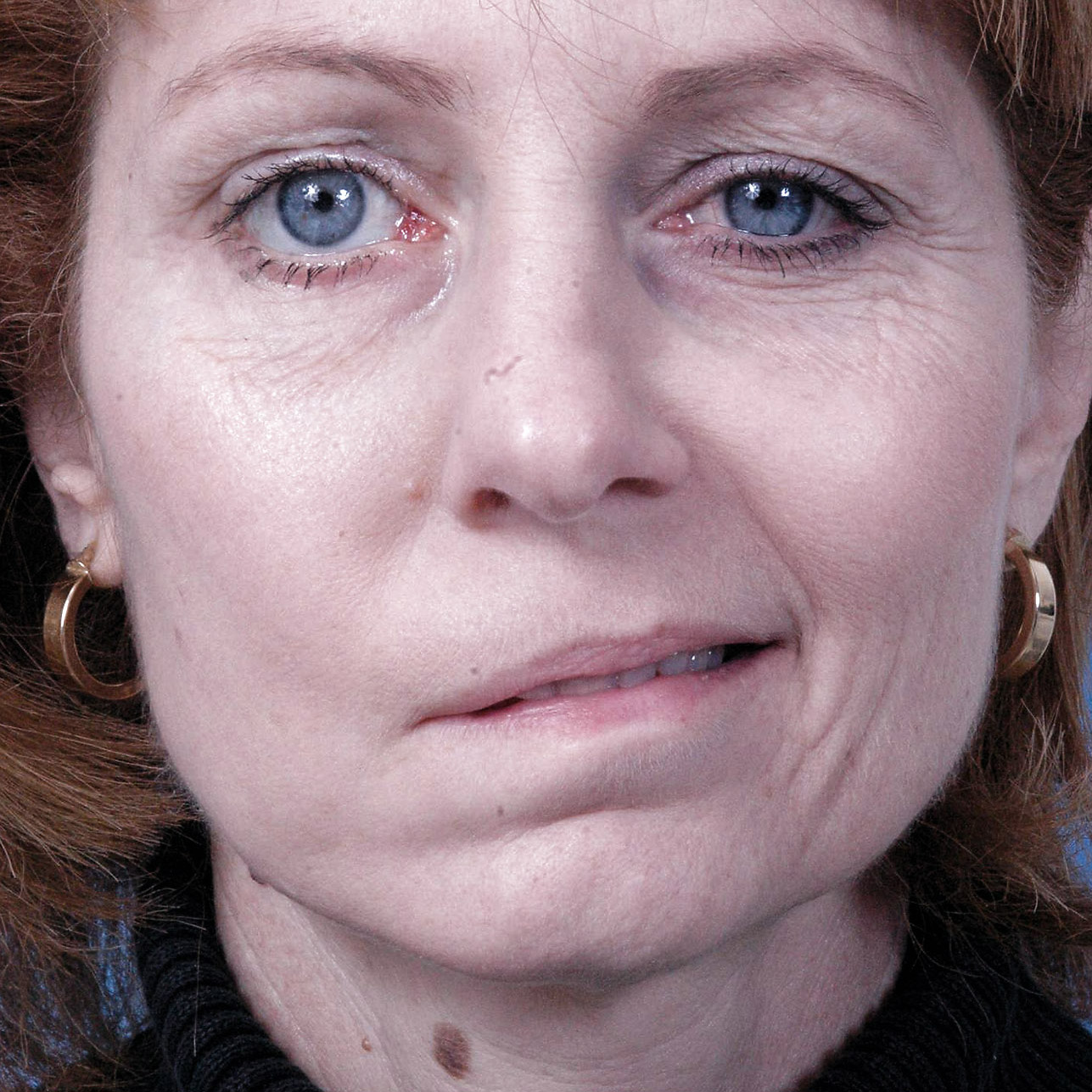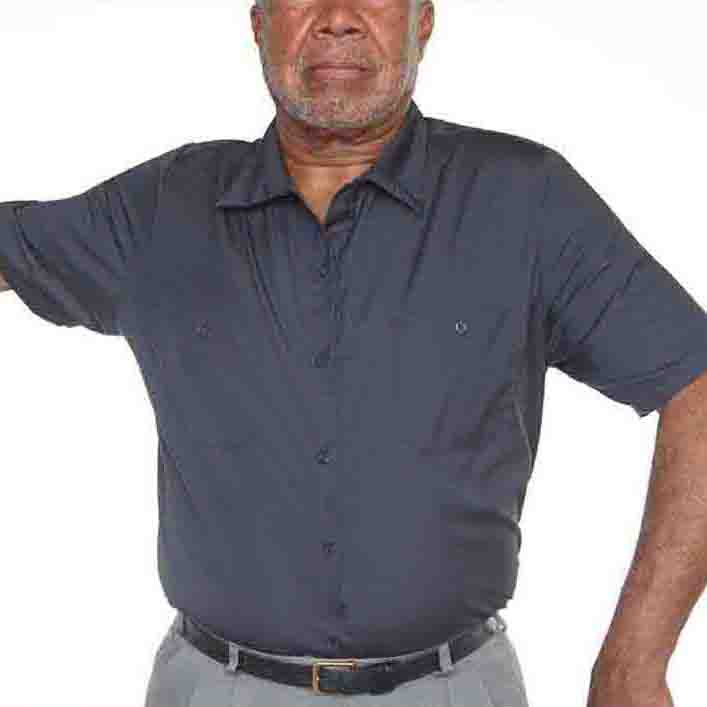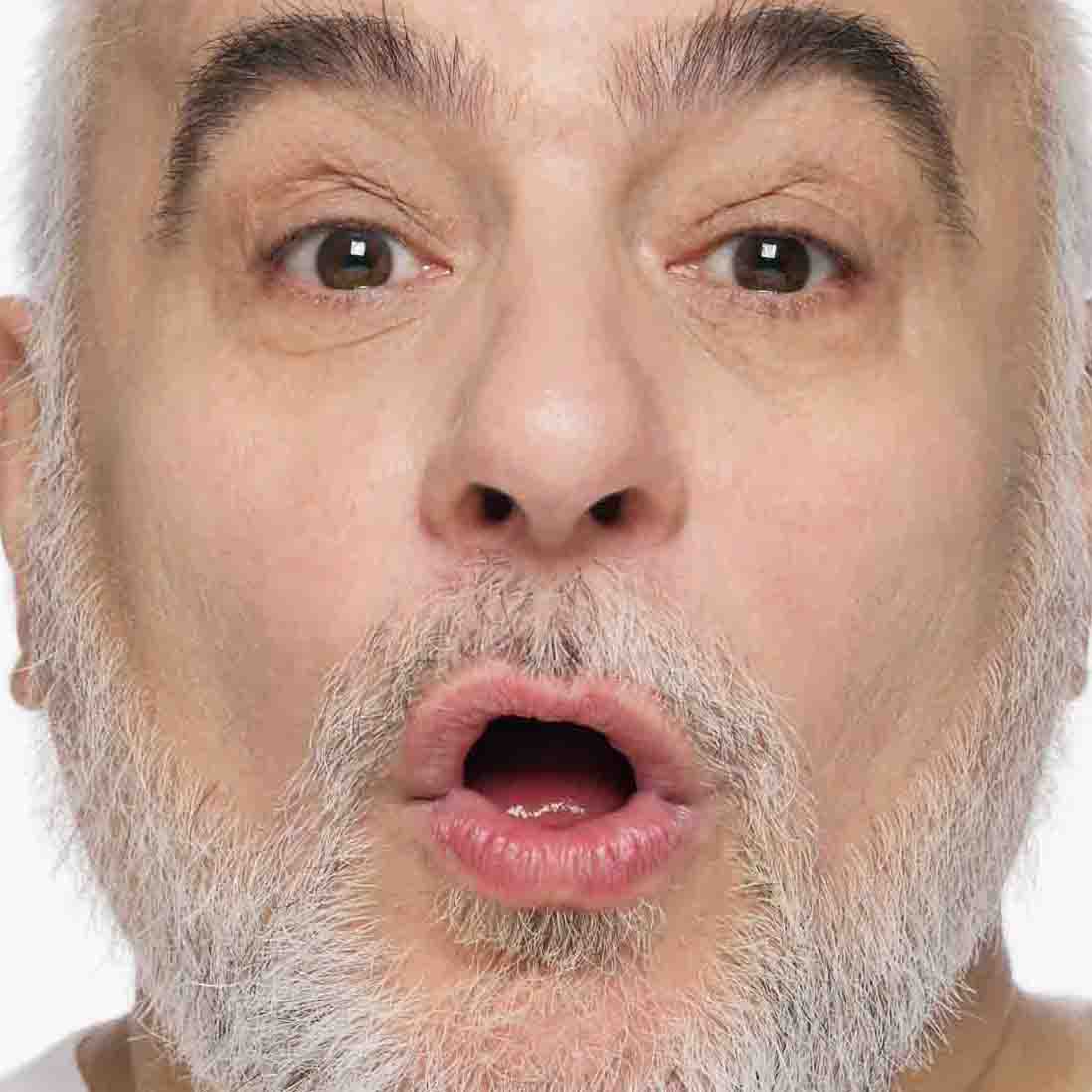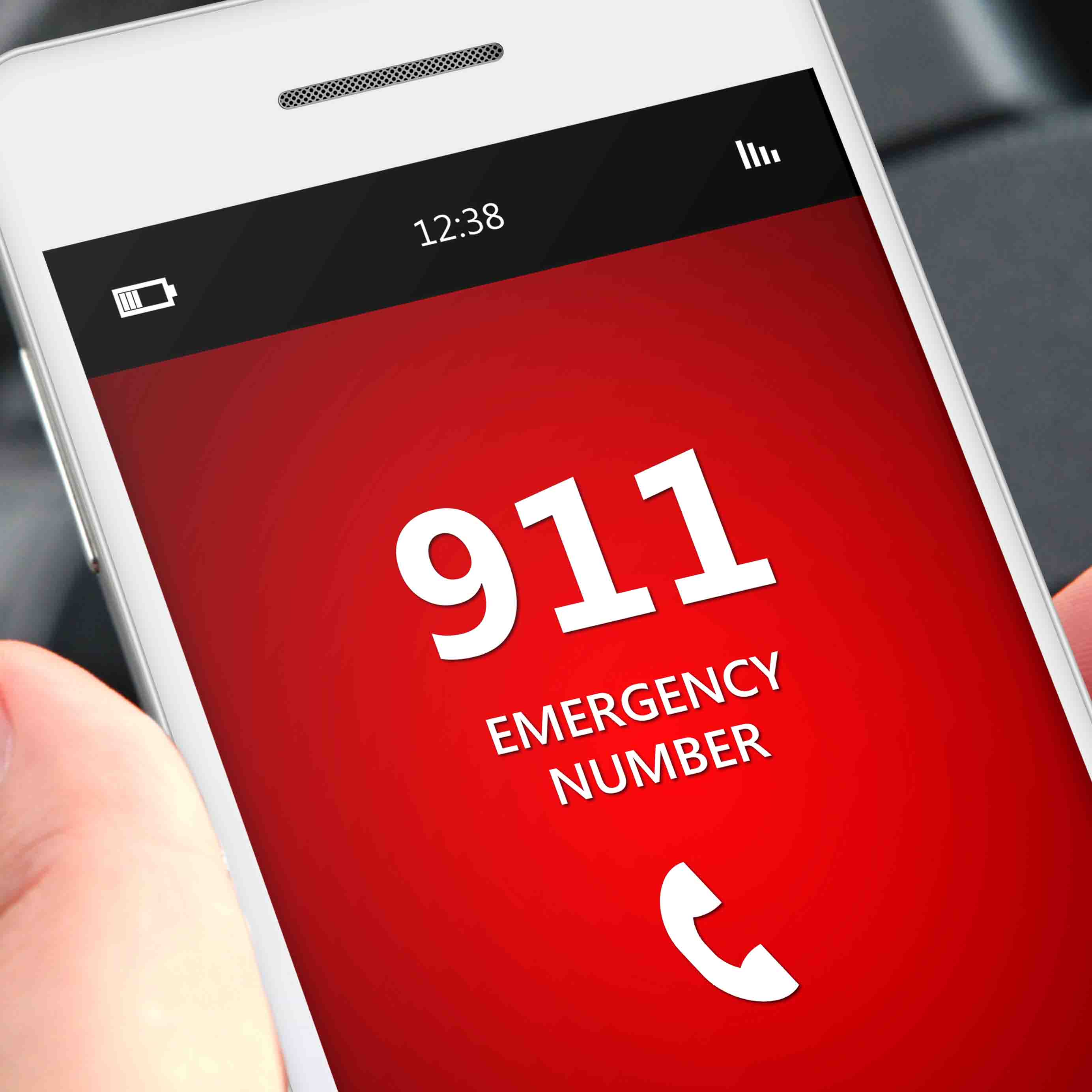The faster a stroke is treated, the better. To be effective, “clot-busting” medications and other interventions to remove clots must be administered quickly.
If you or someone around you is experiencing stroke symptoms, BEFAST and call 911 immediately. We suggest that you tell the EMS team to take you to Virginia Mason.






Stroke Risk Factors
Some stroke risk factors you can control, and others you cannot. If you’ve had a stroke, you’re at higher risk for another one. The Stroke Center at Virginia Mason focuses on helping you prevent a recurring stroke.
The risk of stroke increases as we get older. While men are more likely than women to have a stroke, women are more likely to die from one.
Other major risk factors for stroke include:
- Family history of stroke
- High blood pressure
- Diabetes
- Heart disease
- Brain aneurysms or arteriovenous malformations
Lifestyle risk factors include:
- Alcohol abuse
- Drug use, including cocaine and amphetamines
- Lack of physical activity
- Being overweight or obese
- Stress and depression
- Unhealthy diet
Following a heart-healthy lifestyle can lower the risk of stroke. Certain medications may also be necessary.
The American Heart Association has developed Life's Simple 7 to help you understand your current level of heart health and find steps you can take to prevent heart disease and stroke.
Proper treatment for coronary artery disease can help prevent stroke as well. Virginia Mason is among the first in the nation to perform a new, minimally-invasive procedure called transcarotid artery revascularization (TCAR) to treat carotid artery disease and prevent stroke.